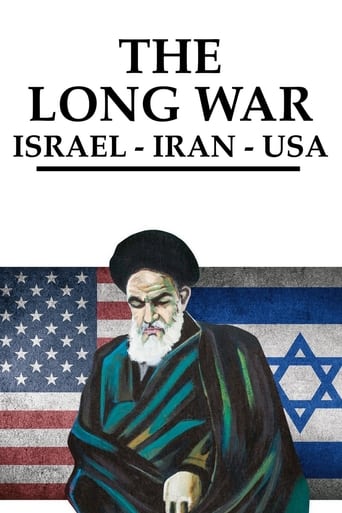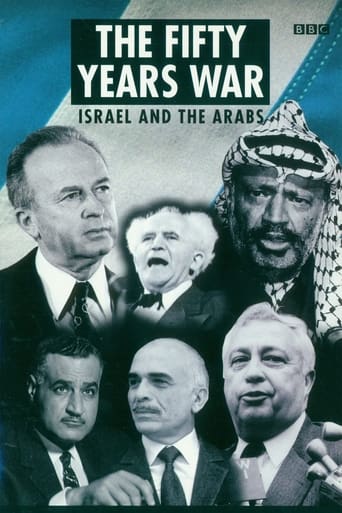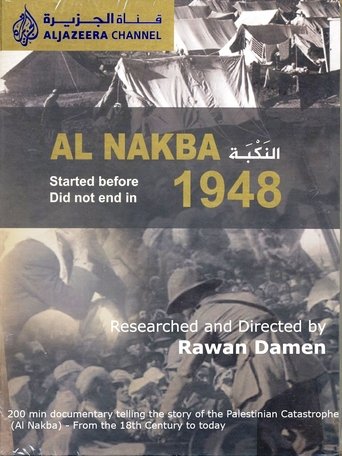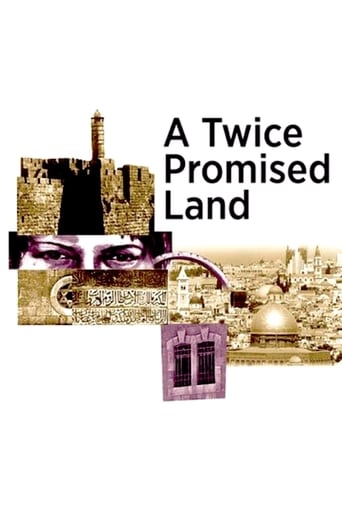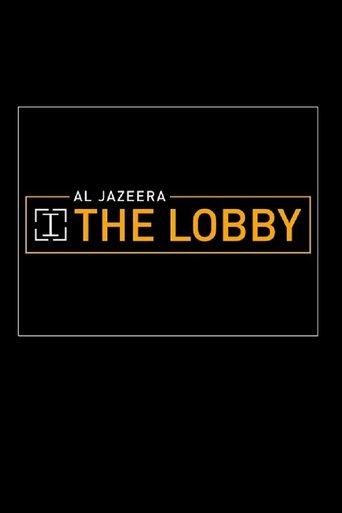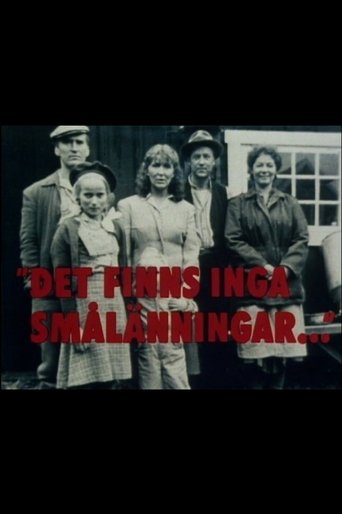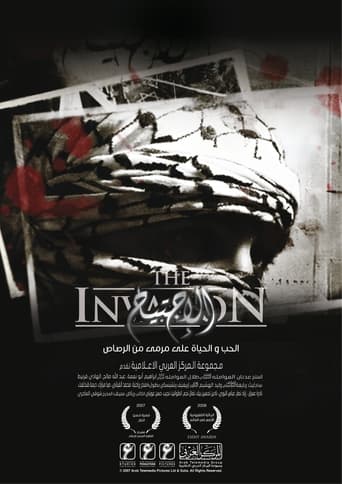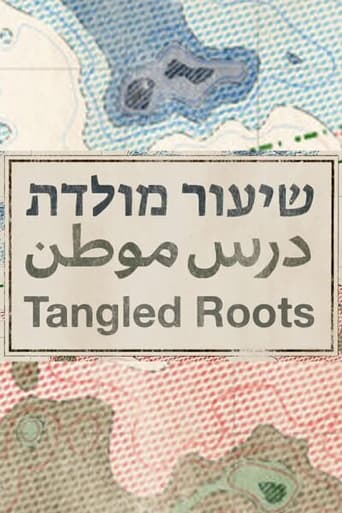
Episode 1 (1860-1919)
At the end of the 19th century Jerusalem awakens from a long Ottoman sleep and becomes the center of international attention once again. The years-long coexistence between Palestine's Arab majority and Jewish minority starts to crumble as the pioneers of Jewish nationalism meet the seedlings of Arab nationalism. The British, who conquer Palestine in World War I, shower contradicting promises on the Jews and the Arabs and the two fledgling nationalist movements start on their collision course.
- Anat Zeltzer
- Modi Bar-On
Country: IL
Language: He
Runtime:
Season 1:

At the end of the 19th century Jerusalem awakens from a long Ottoman sleep and becomes the center of international attention once again. The years-long coexistence between Palestine's Arab majority and Jewish minority starts to crumble as the pioneers of Jewish nationalism meet the seedlings of Arab nationalism. The British, who conquer Palestine in World War I, shower contradicting promises on the Jews and the Arabs and the two fledgling nationalist movements start on their collision course.

The British Mandate helps the Jews change the economic and geographic reality in Palestine as well as begin to challenge the demographic balance. The Palestinians respond with an outbreak of violent protest which escalates from round to round. The escalation awakens religious sentiment among both sides and the holy sites become the center of contention, until events surrounding the Western Wall Plaza escalate into the brutal riots of 1929 in Jerusalem and Hebron.

The large-scale sale of land to the Jews leaves tens of thousands of fellahin without land who then move to the slums on the outskirts of the developing cities. There religious and nationalist extremism is born which lead to the outbreak of the Arab rebellion - three years of war against the British and the Jewish settlement. The British put down the rebellion brutally and the Palestinian leadership flees the country while the Jewish settlement strengthens its ties with the ruling power. The British Peel Commission brings up the idea of dividing Palestine into two states for the first time.

World War II causes a turnabout in British policy and the imposition of strict restrictions on the Jewish settlement in an effort to placate the Arabs. The Zionist movement protests virulently but is obliged to fight shoulder-to-shoulder with the British against the Nazis. Palestinian leader Haj Amin al-Husseini is exiled to Berlin. The Holocaust validates the Zionist claim to a Jewish state but annihilates the supply of people for such a state. The Zionist movement turns to the Jews of the Arab states. The United Nations decides to partition Palestine into two states.

War breaks out even before the British leave Palestine. The Palestinians take over the transportation routes until the Jewish settlement raises money and arms and launches a counterattack. When the State of Israel is established as the British leave, it already controls most of the territory allotted to it by the partition plan and manages to hold onto it even in the face of invasion by the Arab states. Hundreds of thousands of Palestinians flee and are expelled from the territories that the IDF captures. The Israeli government decides that "they cannot return."

While the war still rages, the Palestinians realize that this is what is for them a Nakba - a disaster. Their position grows even worse in the second phase of the war in which Israel expands its occupation beyond the borders of the partition plan. At the end of the war Israel prevents their return and nationalizes the property and land they left behind. The Arab minority which remains within Israeli territory is granted citizenship, but under a military regime. The Palestinians don't take part in negotiations over the ceasefire lines which are marked on the map by a green line. Faced with no other solution, UNRWA comes to the aid of the refugees.


